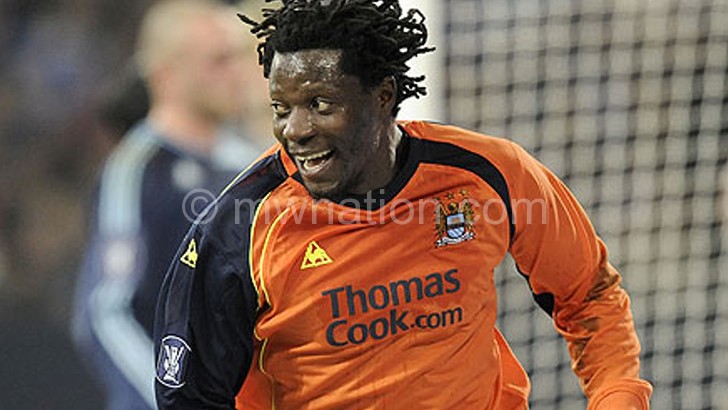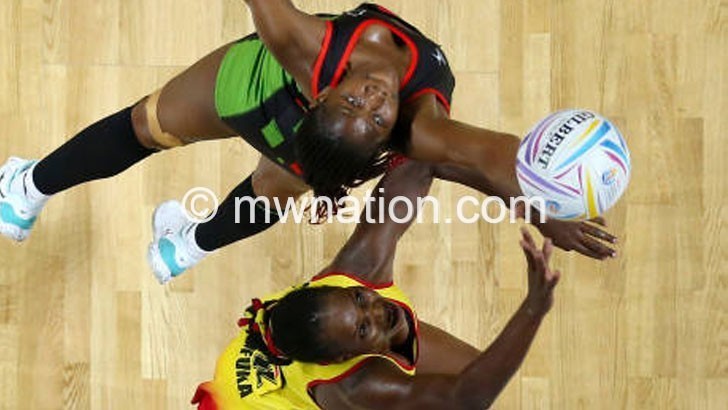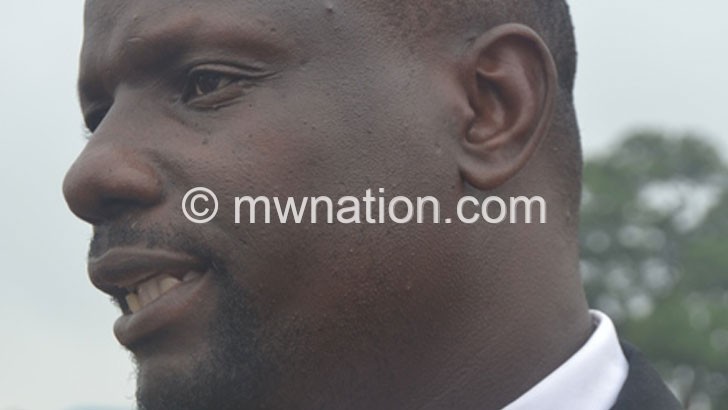How Malawians shaped ZIM football
For several decades, immigrants and their offsprings have been significant contributors to the Zimbabwean society and way of life from the era of white minority rule to this day.
This article—an effort to examine, if not quantify the role of these esteemed citizens in particularly shaping the football landscape of Zimbabwe—is the product of a recent social interaction with media colleagues.
While I have been fortunate enough to follow the careers of many of these fine footballers who trace their roots to mainly three neighbouring countries, Malawi, Zambia and Mozambique, the biggest challenge though is that an equally good number of such players, at my young age, played well before my time.
But being of Malawian extraction myself, I have enjoyed the privilege of growing up within circles of much older family members who lived with, watched and thus evoked memories of yesteryear stars with roots mainly in “The Warm Heart of Africa — Malawi.

My father, who arrived in this country as young man during the federation era, is often at loss for superlatives to properly describe a mean goal-scoring by the name Alec (Alex) Masanjala, who had amassed an astonishing amount of goals for Mangula Mine Football Club sometime in the 1970s and was one of the country’s most feared strikers.
Locally-born to a migrant Malawian father who was a one of the shift managers at Mangula Mine, Masanjala wore the number 9 shirt in an era the digit on the shirt was not just a number, but a statement, a danger warning sign and a strong message to opponents.
He was particularly strong in the air, it is said, and a huge chunk of his goals were scored with his head. Interestingly, another player of the same foreign origin, Makwinji Soma-Phiri and his brother Amin, would bear the same traits in much later years — an amazing ability to score a glut of goals with their head.
Certain clubs, in particular the country’s most successful team, Dynamos, have an inherent hereditary “bias” towards players of Malawian and Zambian origin. One such player is club legend and former national team captain Moses Chunga, born in Harare in a Malawian family, and to his legion of fans simply the most naturally gifted Zimbabwean footballer ever to grace a football pitch in this country.
This is not to stoke the timeless debate on who was a better player between him and Warriors legend Peter Ndlovu, but just to illustrate a point.
Another prolific scorer with known Malawian derivation had also been the great Peter Nyama, another firm favourite of my father, and a man who, in fact, is recognised as having scored the highest ever number of goals in a domestic season in this country, recording an incredible 62 goals in 1971 for Chibuku Shumba. Nyama also played club football in the land of his forefathers, Malawi.
In much later years, Lazarus Muhoni, another son of a Mutare family very close to ours, would have the honour of scoring the all-important goal for Zimbabwe, in the 1-0 defeat of Mali in 2003, a game that set the Warriors on the path to its first ever Africa Cup qualification in 2004.
Casting the net wider, my best Zimbabwean footballer with traceable roots beyond our borders would be, by a margin, the great Warriors goal-scorer, Agent Sawu.
A powerful centre-forward with a much-feared goal-scoring instinct, Bulawayo-born Sawu, with roots in Malawi, was a football striker well ahead of his time and I am sure had he played in a later era, he would certainly have caught the attention of clubs in much bigger leagues than Switzerland and China, where he spent part of his professional career.
The topic of Zimbabwean football stars of foreign lineage will, of course, be incomplete without mentioning Benjani Mwaruwari, the former national team captain.
Raised in his place of birth, Bulawayo, the former AJ Auxerre, Manchester City and Portsmouth forward courted controversy with remarks almost 10 years ago that he would have done a much noble thing had he chosen to play for Malawi, his father’s homeland, instead of the country which ushered him into the world and gave him the platform to showcase his footballing talents.
These days, Zimbabwe’s national team, at any given time, comprises of at least some 30 to 40 percent of players with roots in the region. In the past it used to be 50 percent and above.
In the end, I will not claim this to be the complete and all-inclusive story of Zimbabwean football in relation to players of Malawian origin because it is not. Others will have their own stories to tell. Suffice to say there are scores of such other players out there.
I have preferred this to be more of a personal account, told from personal encounters and also recollections from my associations and work as a sports writer.
Where I was not around and hence unable to tell this story more accurately, I have used outmost discretion to measure accuracy, particularly the story of Masanjala as told to me by my father.
Trying to go deeper with an article of this nature would have meant a lengthy piece examining everyone with names like Danny Phiri, Cuthbert Malajila, Khama Billiat.
What is not difficult to see, though, is the indelible mark on the Zimbabwean football scene made by the players mentioned in this article, and many others left out whose origins are also in the concerned three countries in the region. n





